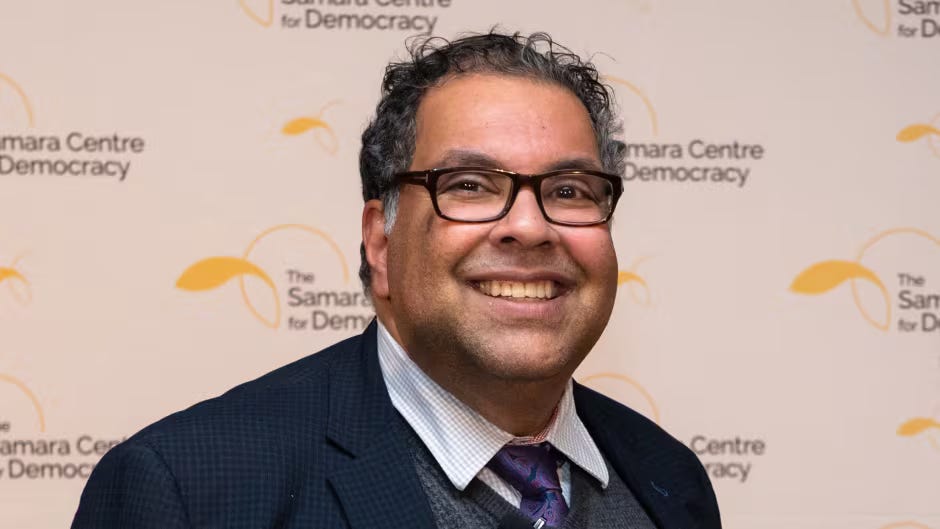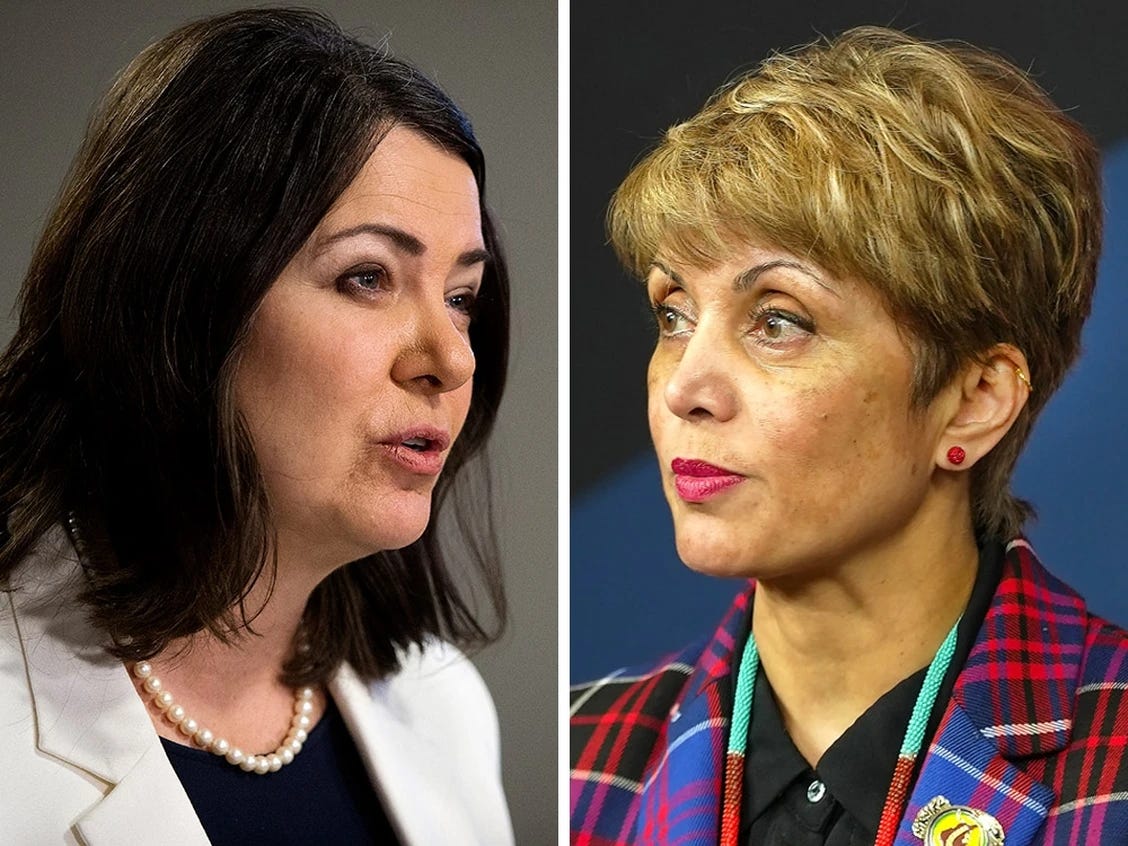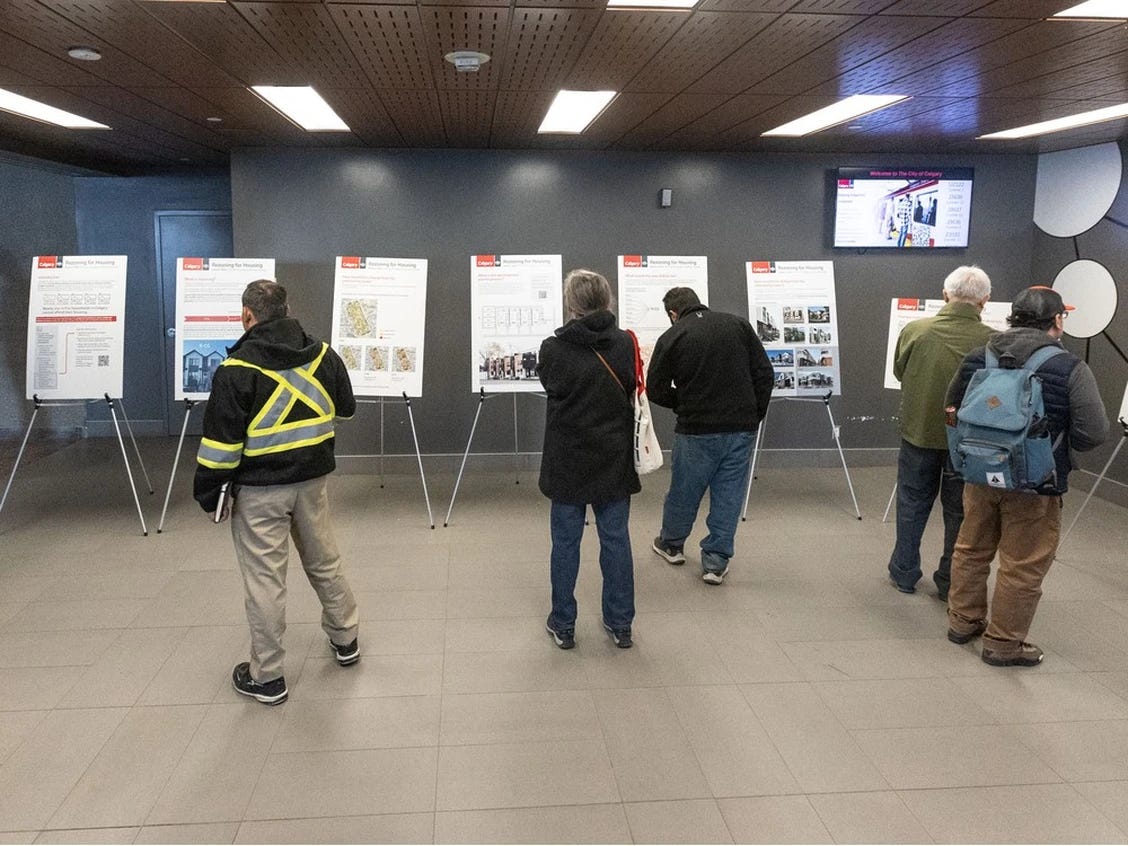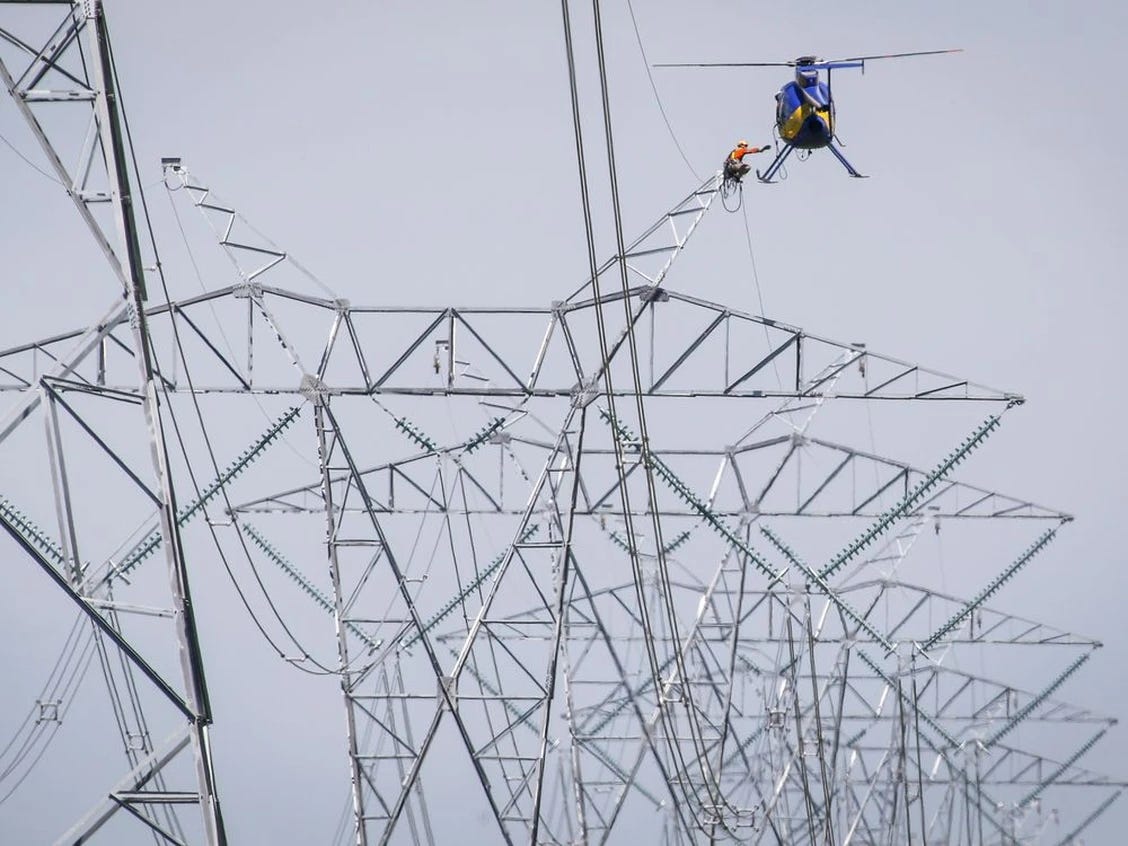Poll Reveals: Canadian Homeownership Increasingly Exclusive, Political Divide Evident
The majority of respondents in an online poll agreed that home ownership in Canada is increasingly only affordable for the wealthy, with a notable participation from readers under 40. Women were more likely to agree than men, and both New Democrats and Conservatives were prominent among those who agreed. There's a correlation between concern for housing affordability and political affiliation, with parties addressing the issue attracting concerned voters. University graduates were less likely to agree, while parents of children under 18 were notably more worried. Interestingly, opinions on sacrificing farmland for housing and concerns about affordability were evenly split. Those who view Justin Trudeau favorably tend to be less concerned about housing affordability, while the opposite holds true for Pierre Poilievre supporters. Responses correlated closely with perceptions of economic security. The lowest agreement was among those who believe housing affordability issues stem primarily from uncontrollable economic factors.
Storm Clouds Over Alberta's Electricity Market: Major Projects Shelved Amidst Rule Changes and Uncertainty
The Alberta electricity market faces setbacks as major projects are shelved. TransAlta cancels a wind farm and pauses three other developments, citing provincial rule changes and market uncertainty. This follows Capital Power's cancellation of a carbon capture project. The government's renewable energy rules and broader market reforms are under scrutiny, with industry concerns about investment certainty. Federal incentives and shifting capital highlight the complexity of the situation. The need for clarity in regulations is emphasized, signaling challenges for future investments in the sector.
Canada Eyes Record Borrowing Increase as Finance Minister Pushes Bold Budget Agenda
Finance Minister Chrystia Freeland is proposing to raise Canada's national borrowing limit to a record $2.1 trillion, marking the second increase in three years. The proposal aims to support the government's 2024 budget priorities, which include significant new spending on housing and adjustments to capital gains taxes. Freeland emphasizes the budget's goal of building a Canada that offers opportunities for every generation. However, concerns have been raised by legislators about rising debt levels and the impact on average Canadians facing inflation and cost-of-living challenges. Despite assurances from Freeland about responsible spending, concerns persist about the growing debt burden and the lack of a clear plan to eliminate deficit spending.
Naheed Nenshi's Return: The Underdog Mayor Shakes Up Alberta Politics
Naheed Nenshi's entry into the Alberta NDP leadership race has sparked anticipation, with many viewing him as a formidable contender against Premier Danielle Smith. Despite being seen as an underdog by some, Nenshi's track record as Calgary's mayor and his ability to unite people have bolstered his candidacy. However, challenges lie ahead, including doubts about his rural appeal and accusations of ego-driven motives. Nenshi aims to address these concerns while emphasizing his alignment with NDP values and his desire for inclusive leadership. The prospect of a showdown between Nenshi and Smith has already generated interest, with Nenshi positioning himself as a candidate for positive change in Alberta politics.
Calgary Mayor Requests More Funds Amid Provincial Fiscal Dispute
Mayor Jyoti Gondek is requesting additional funds from the Alberta government, citing a $311 million annual shortfall caused by the provincial administration. While the city hall report highlights significant fiscal challenges, Premier Danielle Smith challenges these claims, pointing to city surpluses and reserve funds. Smith emphasizes the need for financial responsibility and asserts the province's support for critical projects in Calgary. However, criticism persists regarding the city's spending practices and its disconnect with public opinion. Despite conflicting views, the debate underscores the need for accountability and civic engagement among Calgarians.
U-Turn on Low-Income Transit Pass: Premier's Rep Admits Mistake, Restores Funding
Jason Nixon, the Premier's representative, took responsibility for a decision to cut funding for low-income transit passes in Calgary. Initially, there was outrage, with accusations that the government was neglecting the poor. However, Nixon and the Premier reevaluated the decision and reversed course, acknowledging the mistake. They reinstated the funding and apologized for any stress caused. Nixon admitted the error lay in poor communication with the cities affected. Mayor Gondek welcomed the reversal but emphasized the ongoing financial challenges facing the city.
Calgary's Marathon Zoning Debate: Longest Public Hearing Nears Conclusion
After ten days of the longest public hearing in Calgary's history, only 92 speakers remained out of 965 registered. Despite the end nearing, Mayor Gondek cautioned against premature predictions of the meeting's conclusion, emphasizing respect for the remaining speakers. The hearing revolves around a proposed zoning change allowing homeowners to develop low-density housing without reapplication. The contentious issue has sparked fierce debate, with nearly 1,000 speakers expressing their views. With other commitments delaying the council's verdict, the discussion on rezoning is likely to resume on May 9, followed by deliberations and potential amendments.
Saskatchewan and Alberta Join Forces on Nuclear Power Generation
Saskatchewan and Alberta have agreed to collaborate on nuclear power generation by signing a memorandum of understanding. The agreement aims to facilitate information sharing on various aspects such as supply chains, workforce development, fuel supply, and regulations concerning reactor technologies. Both provinces see nuclear energy as a means to decarbonize their power grids and ensure reliable and sustainable electricity. Saskatchewan is considering building a small modular nuclear reactor within the next decade, while Alberta is exploring nuclear energy to achieve carbon neutrality by 2050.












Yes I enjoy the honest reporting!